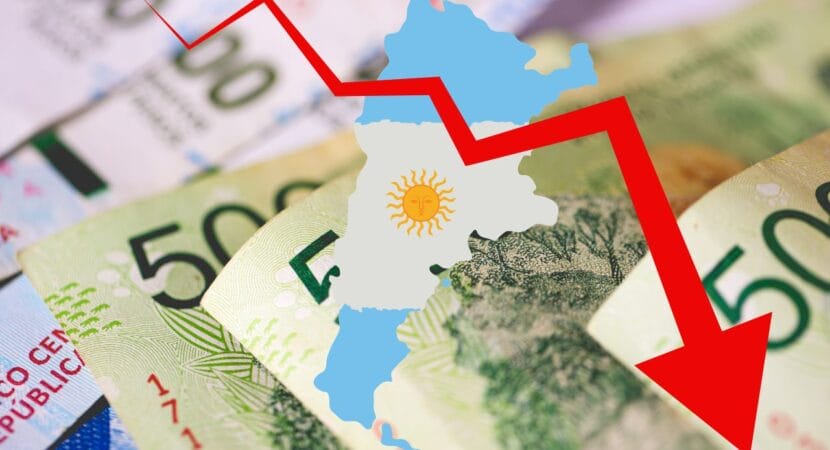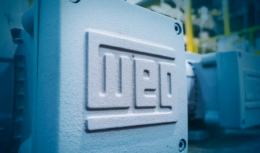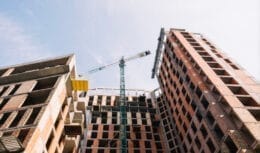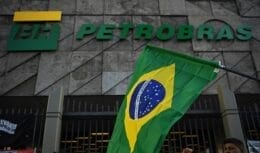
Despite being the fourth largest country in America and having been one of the richest on the continent, the South American nation is struggling with alarming inflation, which has reached 140% since 2020.
Argentina's economic fragility has been exacerbated by global events such as the COVID-19 pandemic and the war between Russia and Ukraine, which have impacted the global supply chain. However, Argentine inflation far exceeds the world average, highlighted in great portals such as G1, Folha de São Paulo and Portal 360.
In a more detailed analysis, the Capital Financeiro channel explores the origins and consequences of the Argentine economic crisis. A history of Argentina is marked by a economy initially based on agricultural exploration, benefiting from the fertility of the Rio de la Plata and Pampas regions. However, the Great Depression of 1929 and subsequent economic policies, especially under the leadership of Juan Domingo Perón, began to shape the country's current economic landscape.
Perón implemented a populist economic model, with a significant increase in state control and a focus on nationalized industries
Those policies isolated Argentina from the international market and inflated the size of the state. Government subsidies for goods and services, such as electricity, and a bloated public sector, where a third of formal employees work for the state, are reflections of these policies.
The crisis intensified in 2018, under the presidency of Mauricio Macri, which tried to attract investments in dollars, but ended up generating more inflation and devaluation of the Argentine peso, as highlighted in a report by with the BBC. The situation worsened with the COVID-19 pandemic, when Alberto Fernández's government froze prices and issued more money, leading to a historic devaluation of the peso.
The history of Argentina reveals a series of wrong economic decisions that accumulated over the years, culminating in the current crisis. uncontrolled inflation and currency devaluation are just the tip of the iceberg of a deep economic crisis, which has historical roots and is worsened by misguided government policies.










